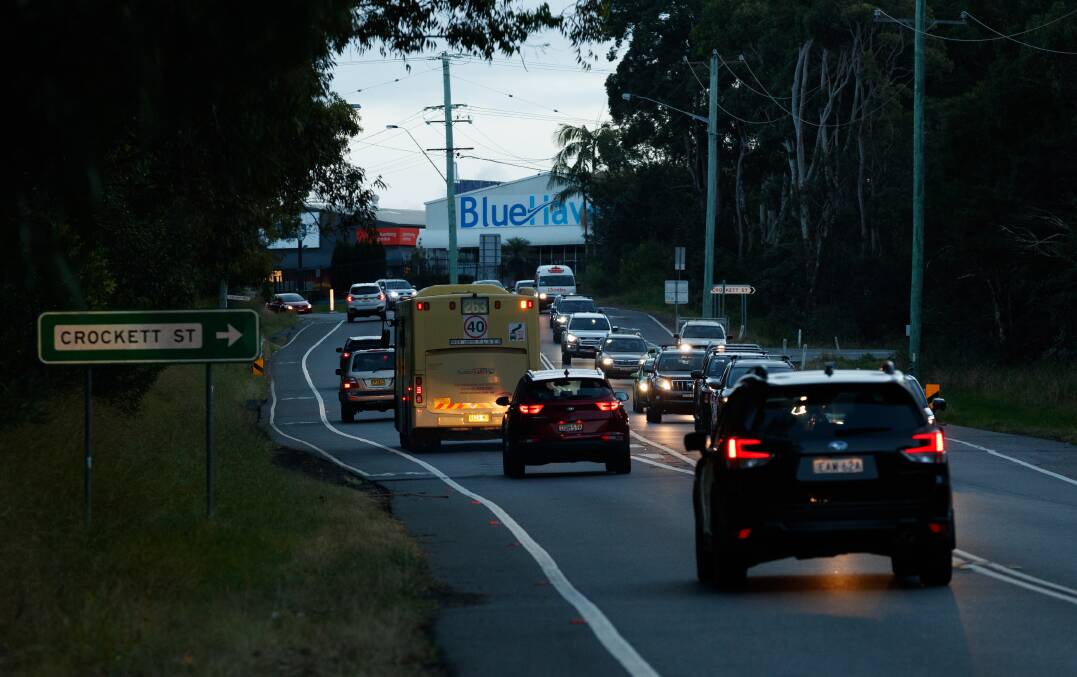
Housing, energy transition and cost of living measures are at the top of the state budget wishlist for Hunter peak representative groups.
The NSW government will hand down its 2022-23 budget today, which is set to include more women's safety measures, housing support for frontline workers and $55 million in new Hunter health projects.
But Business Hunter and Committee for the Hunter have a few more items they're hoping to see money for and will be keeping a close eye on funding allocations for previously promised projects.
Committee for the Hunter CEO Alice Thompson said one of their most urgent priorities was $100,000 for the Hunter Regional Hydrogen Technology Cluster (NewH2) to build the capacity of businesses to participate in hydrogen value chains.
She said the money was "crumbs" in the overall budget, but was needed to extend the project beyond the end of this month.
"It's too early for it to thrive on its own," she said.
Ms Thompson and Business Hunter CEO Bob Hawes both mentioned the proposed Port of Newcastle container terminal as another item to diversify the economy.
Also on the transition front, Ms Thompson said the government should boost its Royalties for Rejuvenation fund to support those affected by the closure of coal fired power stations and mines.
"It's currently $25 million spread across the state," she said. "We see that as an insufficient amount of funding."
Ms Thompson said in comparison, Western Australia had announced a $200 million transition fund and with the closure announcement of Mount Arthur mine, the government "has to get serious about this".
Both groups' submissions included the John Hunter Hospital Health and Innovation Precinct, which Ms Thompson said would also help transform the jobs market.
Housing is another big issue, Ms Thompson and Mr Hawes said. They called for investment in a range of housing, from social and affordable to unlocking land and improving roads and transport for private projects.
"There are 40,000 homes stuck in the pipeline due to insufficient infrastructure," Ms Thompson said.
"We've got to make sure that we can not only make it easier for people who have found it unaffordable to buy, but we've got to give them a diversity of products to choose from," Mr Hawes said. "There's been a lot of issues across land supply and housing up here for a while."
The pair applauded the government's $500 million commitment for faster rail to Sydney, but said the detail of the plan will be important.
"Get on with it now, but plan for the future," Ms Thompson said.
Some items Business Hunter included in its budget submission have been ticked off, Mr Hawes said, like the Newcastle Airport upgrade. But other issues had arisen since, such as cost of living and business pressures as government help had ended.
"We've seen energy costs go up enormously, we've seen supply chain issues," Mr Hawes said. "So any measures the government can do to offset that in terms of either payroll tax deductions or stamp duty changes ... would be really welcomed in this environment."
Mr Hawes said he would also keep an eye on announced road projects such as Nelson Bay Road, the Pacific Highway at Merewether and Hillsborough Road.
"We know there's a lot of stress and strain with the delivery of infrastructure projects," he said. "We will be looking closely to make sure that they don't get deferred because they're looking for ways to pay for other infrastructure projects.
"That's happened before here in the Hunter. We've had road and rail initiatives that were on the books for a while, deferred, all the funding taken off us and given to something else."







